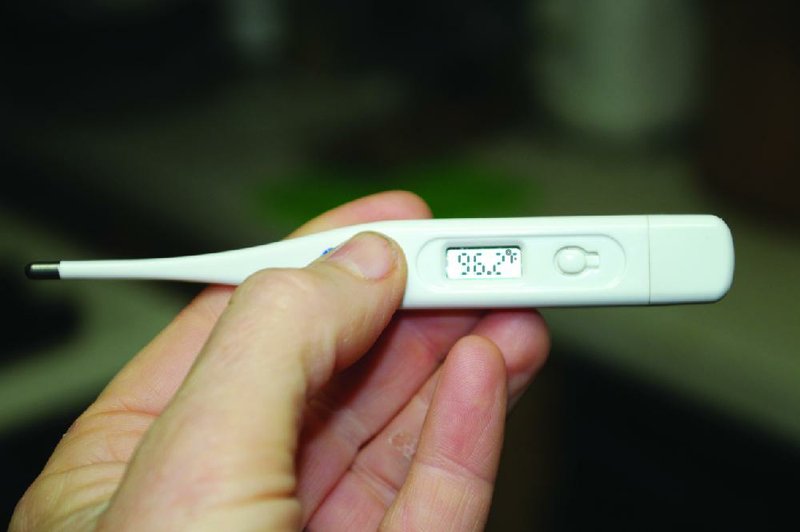Q: I seem to run a body temperature between 96.7 and 97.5. Does this mean that a 99.9 fever is high for me?
A: While a slightly elevated temperature may be a sign that you are getting sick, chances are a number of other factors are influencing your body temperature on a daily basis. As a result, 99.9 is not considered a fever.
In 1868, Carl Reinhold August Wunderlich showed that normal human body temperature averages 98.6. But even then he knew that body temperature varied from person to person, at different times of day and for many other reasons besides illness.
Body temperature tends to be about one degree higher during the day than in the middle of the night, said Matthew Kluger, a retired professor and expert in body temperature. "A higher temperature makes us run a bit faster, and I contend that it also revs up our immune response as well," he said.
Eating, exercise, ovulation and being on birth control pills all can drive up body temperature as much as a few degrees, as can emotional stress, according to a 2001 Japanese study.
Age tends to drive down temperature, so an older person with a temperature of 99 might be getting sick, while a younger one with the same temperature could be perfectly healthy, said Jack A. Yanovski of the Eunice Kennedy Shriver National Institute of Child Health and Human Development in Bethesda, Md.
The method of measurement also matters, with a wider range of normal seen in oral thermometers compared with rectal or ear thermometers. Room temperature, whether you have recently had something cold to drink, even whether you are breathing mostly through your mouth, can also affect oral thermometer readings.
Illness isn't just about having a particular reading on a thermometer, Yanovski said, but about having a spectrum of ailments, such as muscle aches or digestive distress.
A temperature above 100.4, regardless of the person's normal range, is considered a universal sign of fever and suggests illness. If it is over 104, a person should seek medical attention.
"The higher the temperature, the greater the chance of a serious infection," Yanovski said.
ActiveStyle on 05/18/2015
